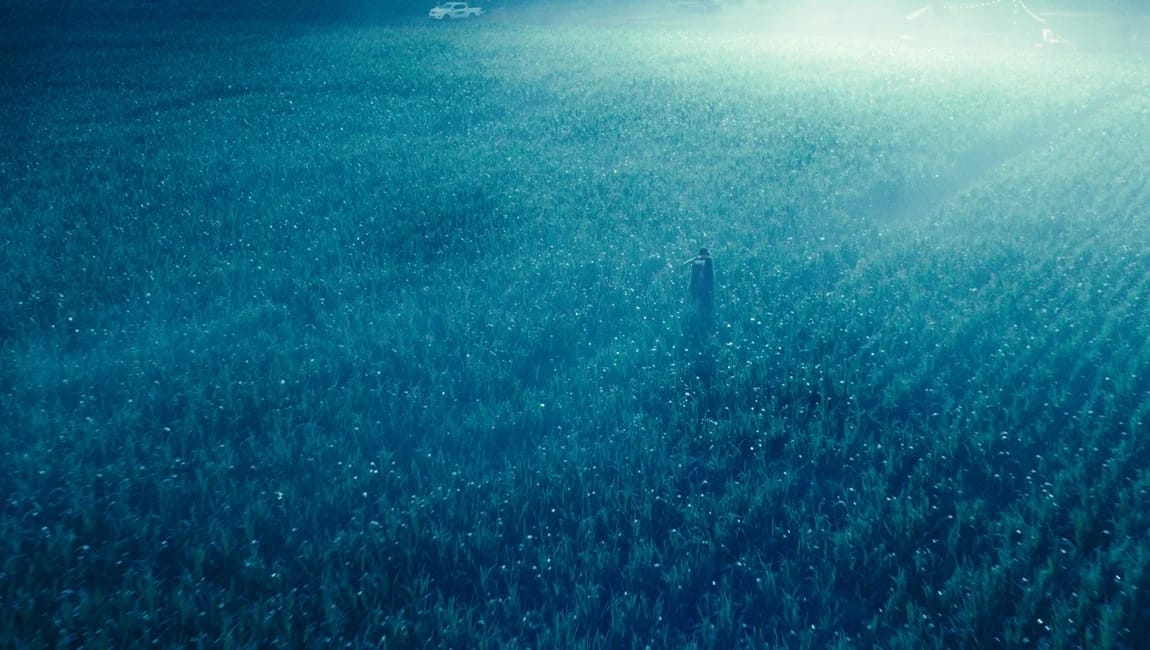The Animal Kingdom — Thomas Cailley
Both the film’s premise and actress Adèle Exarchopoulos are underutilized.

There’s a difference between a breakfast of scrambled eggs (with sausage, tomatoes, and mixed peppers) and a proper omelet. The combination of the same ingredients — perhaps with a few extra spices thrown in the mix — makes all the difference between a sufficient (even good!) multi-dish breakfast and a rich, delectable omelet. The latter is more put together, more prepared — and that makes for, usually, a better breakfast experience. The same could be said of director Thomas Cailley’s The Animal Kingdom: it has all of the correct components of an exceptional film, though it puts them together in a way that leaves that potential unfulfilled.
Most notably, both the film’s premise and actress Adèle Exarchopoulos are underutilized. In the present, in the Gironde department of France, humans have inexplicably begun to mutate into animals. At first, they look like weird hybrids out of an X-Men comic book, before eventually losing almost the entirety of their human selves. François’ (Romain Duris) wife has mutated into some large mammal and is now considered state property as she receives experimental treatments to slow or reverse her mutations. Émile (Paul Kircher), the son of François and his now creaturely wife, shows the earliest signs of mutation, and simultaneously develops a friendship with a bird-hybrid in the nearby forbidden forest.
Continue reading at In Review Online.